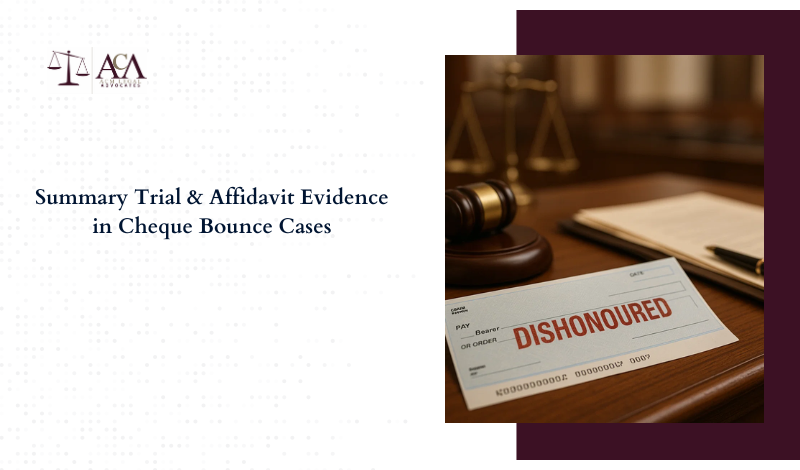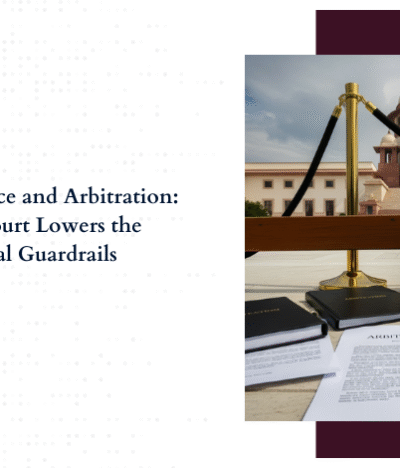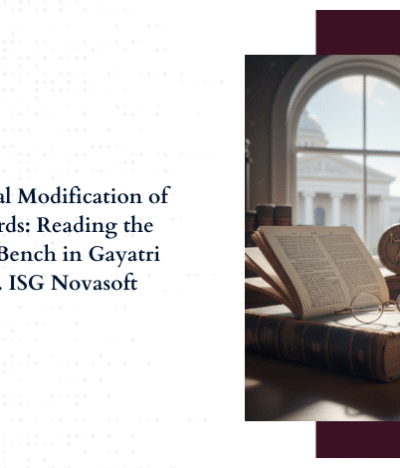Cheque bounce litigation in India has long been criticized for dragging on endlessly, defeating the very purpose of commercial certainty. Recognizing this, the legislature and judiciary have steadily moved towards procedures that cut down delays and ensure that complainants in dishonoured cheque cases are not left stranded for years. Two key mechanisms in this direction are the summary trial under the Negotiable Instruments Act, 1881 (NI Act) and the acceptance of affidavit evidence in cheque bounce complaints. Together, these tools aim to create a fast-track cheque cases system that balances efficiency with fairness.
The philosophy is simple: the majority of Section 138 NI Act prosecutions revolve around straightforward facts — issuance of a cheque, its dishonour, and the absence of repayment. These are not complex commercial disputes requiring elaborate evidence. Hence, compressing timelines through summary procedures and affidavit-based testimony reduces unnecessary procedural burden while still protecting the rights of the accused.
The Legal Framework for Summary Trial in NI Act Cases
The summary trial NI Act mechanism is rooted in Section 143 of the Negotiable Instruments Act, 1881. By this provision, all offences under Chapter XVII of the Act — primarily Section 138 cheque bounce cases — “shall be tried summarily” in accordance with Sections 262 to 265 of the Code of Criminal Procedure (CrPC). This legislative mandate is not merely advisory; it is a clear direction to courts that dishonour of cheque cases must be dealt with in a fast-track manner.
The idea behind a summary trial is speed. Unlike a regular criminal trial, which may involve recording of oral evidence at length, framing of elaborate charges, and extended cross-examinations, a summary trial compresses the entire process. The magistrate is empowered to pass a sentence of imprisonment up to one year along with fine, which adequately covers the punishment prescribed under Section 138. More importantly, the court is expected to deliver judgment expeditiously, usually within six months from the date of filing of the complaint.
The Supreme Court has repeatedly reinforced this framework. In Meters and Instruments Pvt. Ltd. v. Kanchan Mehta (2018), the Court emphasized that the objective of Section 143 is to ensure quick disposal, discouraging unnecessary adjournments and procedural gamesmanship. This decision marked a turning point by clarifying that courts should not shy away from invoking summary trial procedure, as cheque bounce litigation is meant to be streamlined, not stretched.
Thus, the statutory scheme is clear: the summary trial NI Act provision is the default route, and deviation into a regular trial should only occur where the magistrate feels that a longer sentence may be necessary, or where complexity of evidence demands detailed scrutiny.
Affidavit Evidence and Its Role in Cheque Bounce Litigation
A critical innovation that complements the summary trial NI Act framework is the acceptance of affidavit evidence in cheque bounce cases. Section 145 of the NI Act explicitly allows the complainant’s evidence to be given on affidavit, which means that instead of leading oral testimony in chief, the complainant can submit a sworn affidavit narrating the facts of the case.
This provision serves two purposes. First, it reduces the time consumed in recording voluminous oral statements in court. Second, it ensures that the trial moves forward without procedural bottlenecks, since the complainant’s version is already on record at the very outset. The accused retains the right to cross-examine the complainant on the affidavit, thereby preserving the principle of fair trial.
Courts across India have widely recognized that affidavit evidence cheque bounce cases are essential for preventing docket explosion in metropolitan magistrates’ courts, where thousands of such matters are pending. In Mandvi Cooperative Bank Ltd. v. Nimesh Thakore (2010), the Supreme Court confirmed that Section 145 permits the complainant’s affidavit to be treated as examination-in-chief, a pragmatic interpretation that saves enormous judicial time.
From a practical standpoint, affidavit evidence also helps in aligning with digital filing practices now being adopted by courts. It allows for quicker institution of complaints, eliminates transcription delays, and reduces the scope of technical objections that otherwise derail cheque dishonour prosecutions. When paired with summary trials, this procedural shortcut significantly accelerates outcomes in fast-track cheque cases.
Impact of Summary Trials and Affidavit Evidence on Fast-Track Cheque Cases
The combined effect of summary trial NI Act provisions and affidavit evidence cheque bounce procedures has been transformative for cheque dishonour litigation in India. Together, they serve as the backbone of what can genuinely be called a framework for fast-track cheque cases.
On the ground, magistrates are now able to compress the trial timeline drastically. Instead of stretching over several years, many cases are disposed of within a few months, provided adjournments are curtailed and affidavit-based testimony is adopted from the outset. The reduction in oral evidence alone cuts down a large chunk of trial time. Since most dishonour cases revolve around documentary proof — cheque, return memo, statutory notice, and bank records — the reliance on affidavits is entirely consistent with the nature of the dispute.
From the complainant’s perspective, these reforms restore confidence in the judicial process. Creditors, particularly small businesses and individual lenders, often depend on timely recovery of dishonoured cheques to maintain liquidity. A fast-track system ensures that the deterrent value of Section 138 is not diluted by procedural inertia.
For the accused, summary trials coupled with affidavit evidence do not compromise rights. The opportunity to cross-examine and to lead defence evidence remains intact. What is eliminated is the scope for delaying tactics that have historically been used to prolong cheque dishonour prosecutions. In that sense, the system achieves balance: speed without sacrificing fairness.
Conclusion
The evolution of cheque dishonour litigation in India reflects a deliberate shift from procedural rigidity to pragmatic efficiency. By mandating summary trial NI Act procedures and allowing affidavit evidence in cheque bounce cases, the law has crafted a framework that compresses timelines without undermining the principles of justice. These tools ensure that fast-track cheque bounce cases are not merely aspirational but practically achievable in courts across the country.
For businesses, individuals, and financial institutions, the message is clear: dishonoured cheques will no longer languish in the system for years. At the same time, accused persons continue to enjoy the safeguard of cross-examination and the right to defend themselves. The balance struck is one of speed and fairness — the very essence of modern commercial adjudication.
In practice, the success of these reforms depends not just on legislative intent but on judicial discipline. Magistrates must actively resist adjournment culture and consistently invoke summary trials and affidavit evidence wherever possible. If implemented with resolve, these mechanisms have the potential to unclog dockets, uphold the credibility of the banking system, and restore the deterrent value of Section 138 NI Act.






